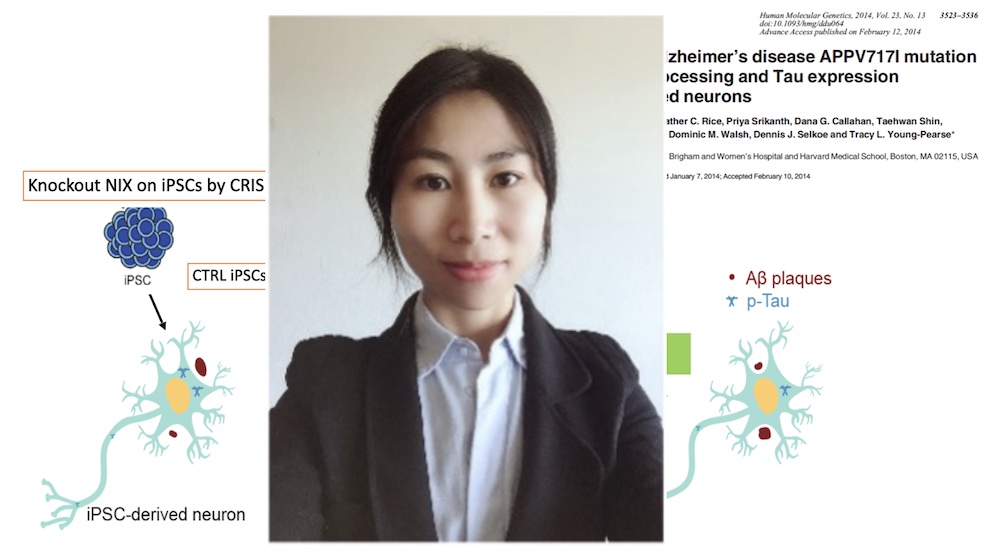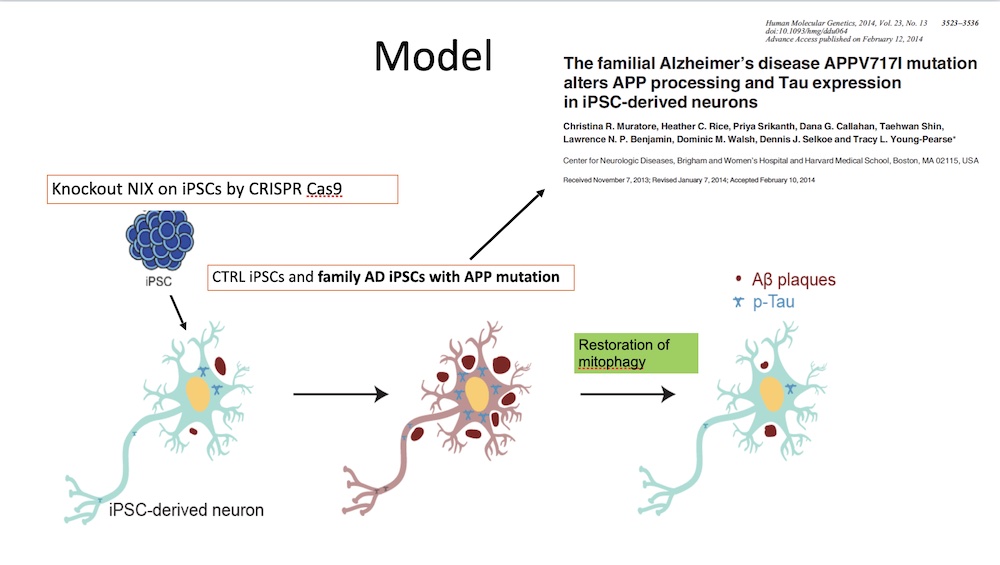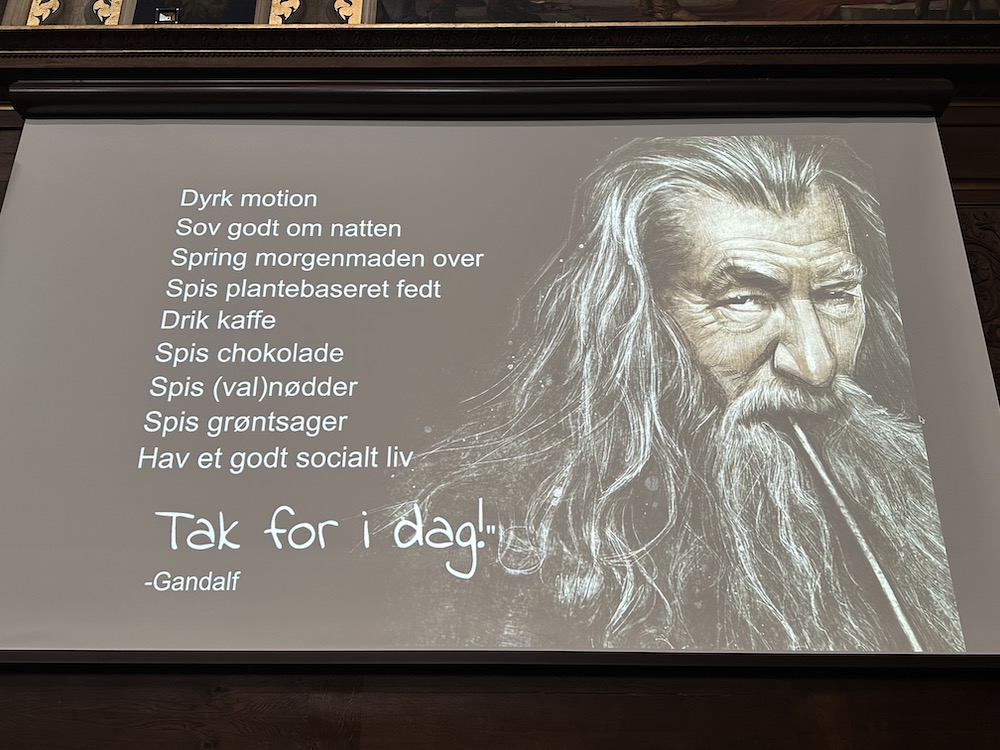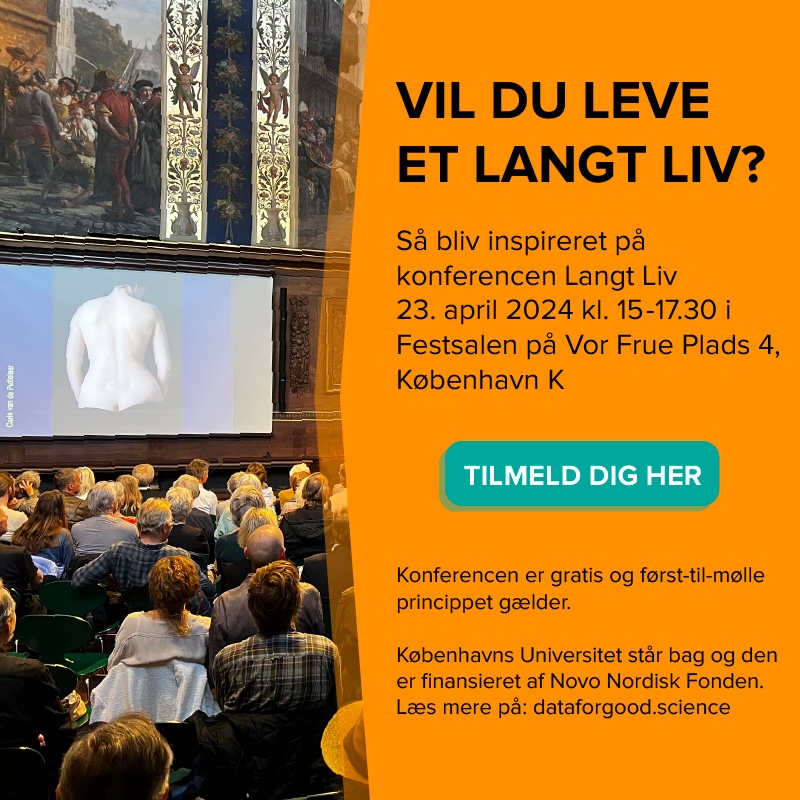
Alzheimers scientist: “What I hope is to contribute to us all having a slow and healthy aging”
Yuan Li has a dream. She’d love to put an end to Alzheimers.
“I work in aging. Alzheimers is a high risk factor in aging. It is not a great way of aging getting Alzheimers, as you lose your short–term memory. It is also a high cost for our society.”
Says Yuan Li, who’s been working 1,5 years now with her Post doc at Copenhagen University’s Center for Healthy Aging as part of the Challenge project financed by The Novo Nordisk Foundation.
The Chinese scientist, who also managed to give birth to a child in between her research, has so far focused on how our brain cells change with age and is now using this knowledge to explain the characteristic brain cell changes in Alzheimers disease.
She is studying the markers for Alzheimers and tries to figure out why a person gets it, how it can be avoided or slow the process. Only 5% gets Alzheimers by gene mutation. The rest gets it sporadically, and that is the group she is studying.
Clinical tries have failed to cure this disease, but working with neurons (cells) might get her closer to her goal.
Mitophagy is a biological process and while you age the levels of mitophagy is decreasing.
“So, I am working with stem cell models-derived neurons to see, if the specific mitophagy pathway effect the level of mitophagy,” she explains.
Her hypothesis is that a high level of mitophagy can stop or slow Alzheimers.
She found a pathway to mitophagy called the NIX pathway, and in the lab she is try to silence the expression of NIX in the neurons. She then treats the cells with different chemical drugs to make the level of mitophagy back to normal.

Her stem cell-derived neuron models can be used for drug screening and to decide with drugs to give to an Alzheimers patient.
So far there is no efficient treatment for Alzheimers disease. Yuan’s work can in combination with mathematic modelling and use of data from biobanks and registers provide important results to understand age-related diseases and develop treatment strategies.
“What I hope,” say Yuan Li, “is to contribute to us all having slow and healthy aging. Not to push time back but to make our senior lives more healthy.”

